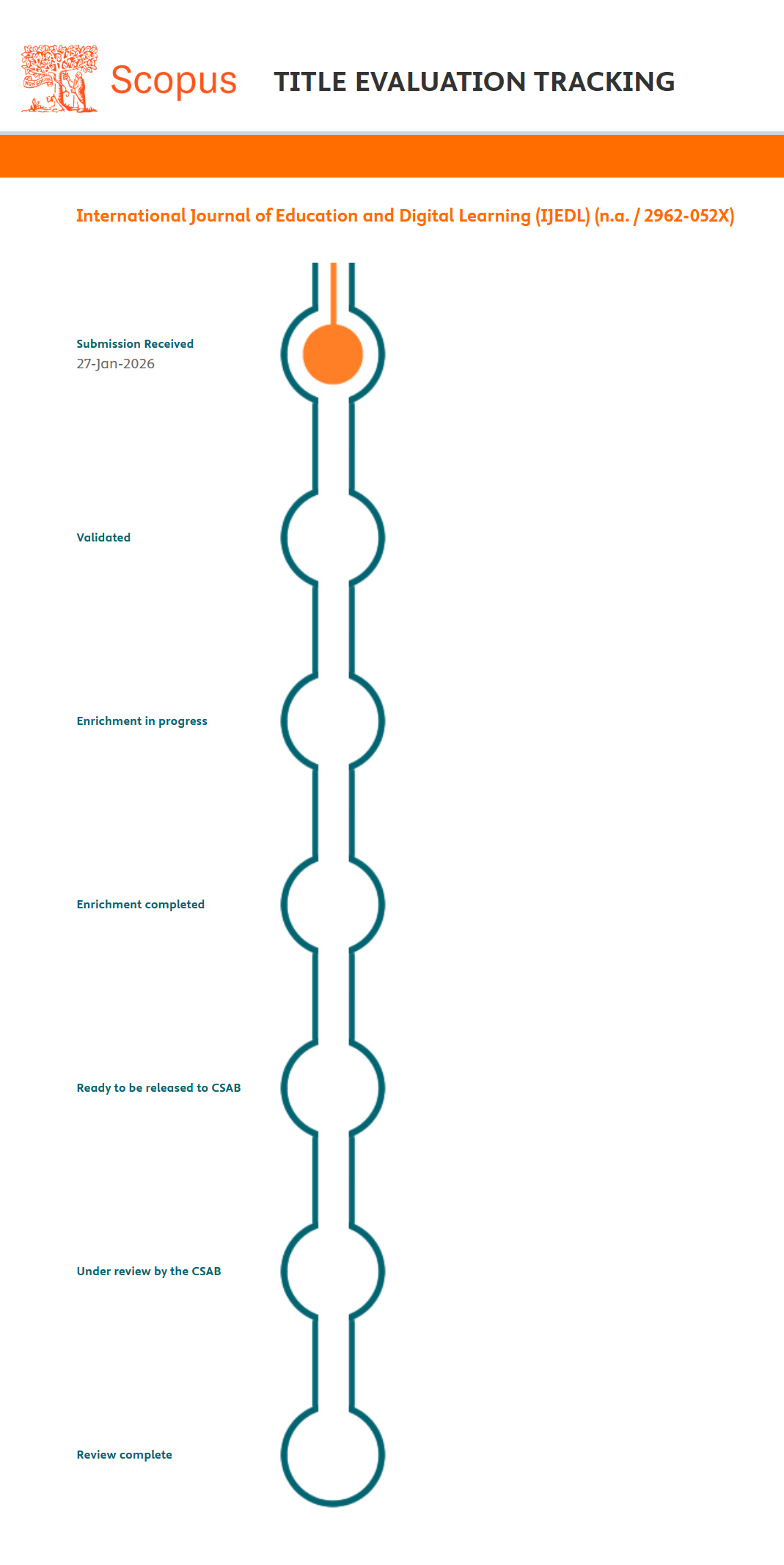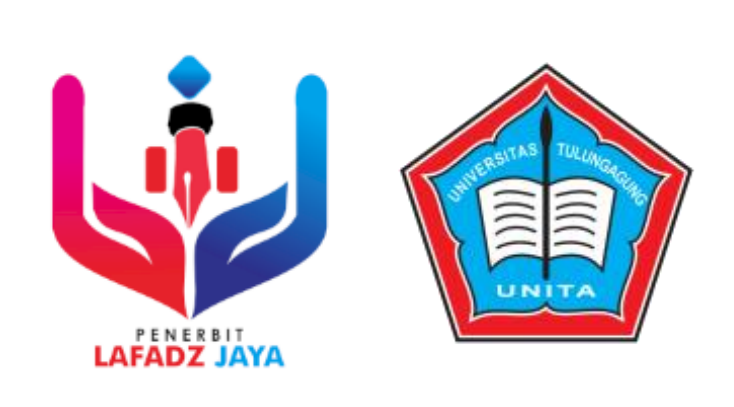Development of Digital Literacy Tools in the Implementation of Science, Technology, Engineering, Art, and Mathematics (STEAM) Learning for the Implementation of the Independent Curriculum for Children Aged 5-6 Years
DOI:
https://doi.org/10.47353/ijedl.v2i5.137Keywords:
digital literacy, STEAM learning, independent curriculumAbstract
This research aims to describe the development of digital literacy tools in the implementation of science, technology, engineering, art and mathematics (STEAM) learning for the implementation of the Independent Curriculum. The type of research used in this research is development (Development research) which aims to produce a product. The development research procedure used is the ADDIE model (Analysis, Design, Development, Implementation, Evaluation). The data collection technique used in this research is a non-test instrument consisting of instrument validation sheets, feasibility sheets, effectiveness and usability of devices, interview sheets, observation sheets. Data analysis techniques are used to determine the feasibility, usefulness, and effectiveness of digital literacy tools. The research results of the digital literacy tools developed are very valid and reliable, so they are suitable for use in STEAM learning for implementing the independent curriculum for children aged 5-6 years. The digital literacy tools in STEAM learning that were developed are effective for use with children aged 5-6 years in the very high category. The digital literacy tools in STEAM learning that were developed are included in the very practical category based on the learning implementation observation sheet and teacher questionnaire.
Downloads
References
Achmad, (2022). Analisis kurikulum merdeka dalam satuan pendidikan anak usia dini. Jurnal Bunga Rampai Usia Emas, 8(2), 120. https://doi.org/10.24114/jbrue.v8i2.41596.
Imamah, Z., & Muqowim, M. (2020). Pengembangan kreativitas dan berpikir kritis pada anak usia dini melalui metode pembelajaran berbasis STEAM and loose part. Yinyang: Jurnal Studi Islam Gender Dan Anak, 15(2), 263–278. https://doi.org/10.24090/yinyang.v15i2.3917
Maharani, C., & Zulminiati, Z. (2021). Implementasi Metode Steam di Taman Kanak-Kanak. Jurnal Family Education, 1(3), 1-10.
Munawar, M., Suciati, S., Saputro, B. A., & Luthfy, P. A. (2023). Evaluasi Program Literasi Digital di PAUD Melalui Robokids STEAMCoding Game. Jurnal Obsesi: Jurnal Pendidikan Anak Usia Dini, 7(2), 1846-1867.
Nasrullah. (2017). Pemahaman Guru PAUD Tentang Pembelajaran Berbasis STEAM dengan Penggunaan Media Loose Parts di Desa Bukit Harapan. JECED: Journal of Early Childhood Education and Development, 3(1), 47–52. https://doi.org/10.15642/jeced.v3i1.995.
Nurussakinah. (2021). Motivasi dan Kemandirian pada Mahasiswa Baru. Al-Hikmah Jurnal Agama dan Ilmu Pengetahuan 18(1): 21-35.
Sa’ida, N. (2021). Implementasi Model Pembelajaran Steam Pada Pembelajaran Daring. Jurnal Review Pendidikan Dasar: Jurnal Kajian Pendidikan Dan Hasil Penelitian, 7(2), 123–128.
Septiani & Kasih. Analisis Unsur Art Pada Pembelajaran Steam Untuk Anak Usia Dini. JPG: Jurnal Pendidikan Guru, 1(3), 135. https://doi.org/10.32832/jpg.v1i3.3284
Siregar, Sofyan. 2014. Statistik Parametrik Untuk Penelitian Kuantitatif. Jakarta: Bumi Aksara.
Trimuliana, I. (2023). Pengenalan literasi digital pada anak usia dini. Paudpedia. Direktorat PAUD. https://paudpedia.kemdikbud.go.id/galeri-ceria/ruang-artikel/pengenalan-literasi.digital
Yusuf, Y., & Jufri, A. W. (2023). Evaluasi Program Gerakan Literasi Sekolah (GLS) Di SMP Negeri 17 Mataram. Berajah Journal, 3(4), 649-660.
Downloads
Published
How to Cite
Issue
Section
License
Copyright (c) 2024 Hafizzaturroyani, Muazzar Habibi, Fahruddin, Darmiany, Sri Subarinah

This work is licensed under a Creative Commons Attribution-ShareAlike 4.0 International License.












